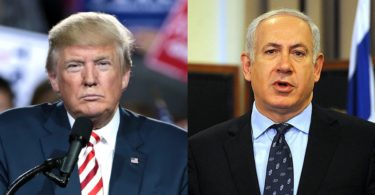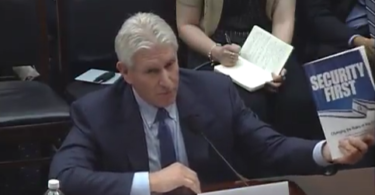Ma’ariv (p. B2) | 03.01.2015 | Arie Pellman
The author formerly served as a division head and deputy director of the ISA.
In view of the political-security crossroads where the State of Israel currently finds itself, one would expect that in the upcoming elections the voter would be confronted with two opposing world views, and would choose between them: is their place with those who identify with the path of the current government, or with those who think that it is on the wrong path? But something went wrong along the way, and the upcoming elections are focused on the economic-social sphere, while the political-security sphere has been cast to the wayside.
Our geo-political reality has changed unrecognizably and with it there is new range of threats against Israel. Over the past two years the familiar threats—internal terror, the threat of Hamas, Hizbullah in the north, and Iran’s nucleation—have been joined by a new player: radical Islam. This is not merely gangs of murderers in Iraq or Syria. This is an ideology that is spread with the help of advanced technology and which strikes at the roots wherever governmental weakness is found. It is an octopus that spreads its ideological arms without needing to recruit. It is already here, in the Middle East, and also in the shocked and confused Europe.
The current government and those that preceded it chose not to deal with the security problem and adopted Ben-Gurion’s world-view, which was appropriate at the time, when he established that Israel’s security policy would be based on warning, deterrence and victory. But when you take into account our enemies today, the state of the world and the limits of our power, this world-view is no longer relevant. Israeli governments adopted this world-view because it is the only policy that is suited to the nationalistic ideals of the Greater Land of Israel and the building of the third Temple, while ignoring the existence of the Arabs and serves a policy of slow annexation and establishing facts on the ground. The security “non-policy” has been replaced with phrases that are meant to give the illusion that there is, as it were, leadership, and that there is, as it were, a policy and that it works well on the street: “managing the conflict,” which means in simple language, “we will respond to events with force and if that doesn’t work we will respond with more force;” or, “containing the threat,” which means: we have no solution to the threat, so we will learn to live with it.
Without a general security worldview, Israel is preparing for the war that was. Our lack of policy and inability to learn from the past, make us like that fool who falls into the same pit time and time again and blames the pit. What better example do we need than the past three operations? We were dragged into the three of them in similar circumstances and we left the three of them in the same situation—as “victors” and preparing for the next round. The current method leads to one clear result expressed by the Prussian General Clausewitz over 200 years ago: Any attack that does not directly lead to peace—will inevitably end in defense.
When there is no national security world-view, it is replaced with empty slogans like, “we will not give up on this” and “we will not be flexible on this,” and “we will stand tall against this,” and “that person will defeat Hamas,” etc. This is not strategy or policy. This is superficial thinking, populism and a smoke grenade meant to conceal a lack of ability or true intentions.
Our regional reality has created a meeting of interests between the moderate Arab states and the State of Israel, which can be used to reach a regional peace agreement and a solution to the conflict with the Palestinians. The western world awaits this type of process and will give support and monetary, political and military aid. Those unworthy of leading this nation are those who spread frightening scenarios, and who shout about the neighborhood bully, and who promise social and economic change without presenting a breakthrough in the field of security.
The worthy ones are those who are brave enough to “pave a new path;” who are able to deal with a regional-political initiative in which borders that can ensure security for the residents of Israel with a solid Jewish majority can be set. Implementing this kind of initiative will strengthen Israeli from within and will bring about a revolution in the political arena, and therefore also in the economic-social sphere.




